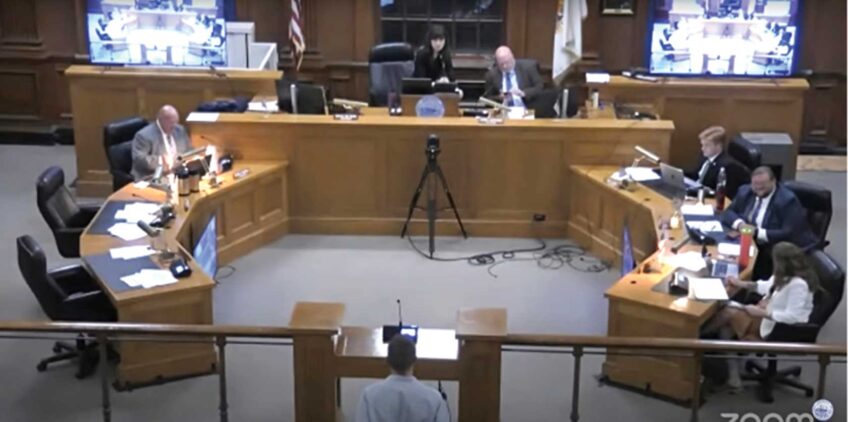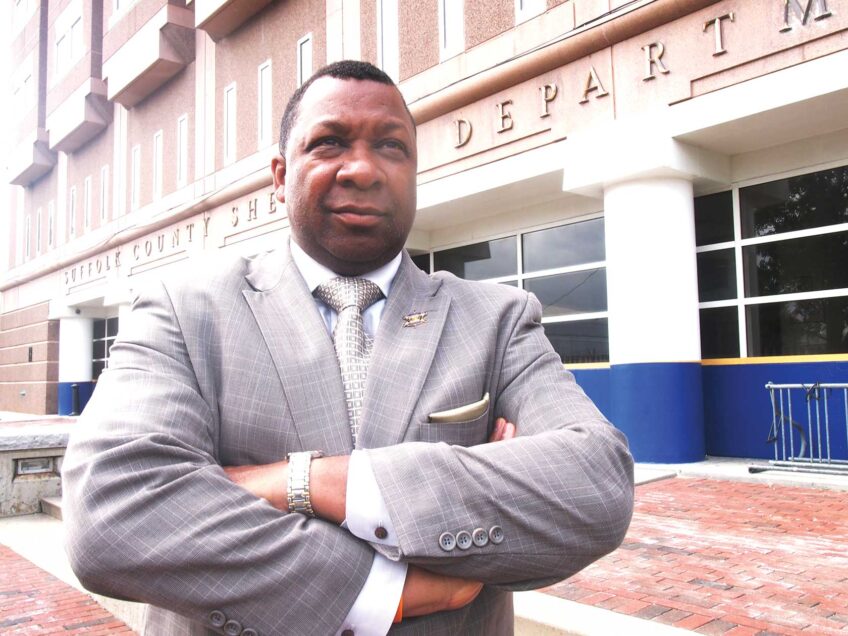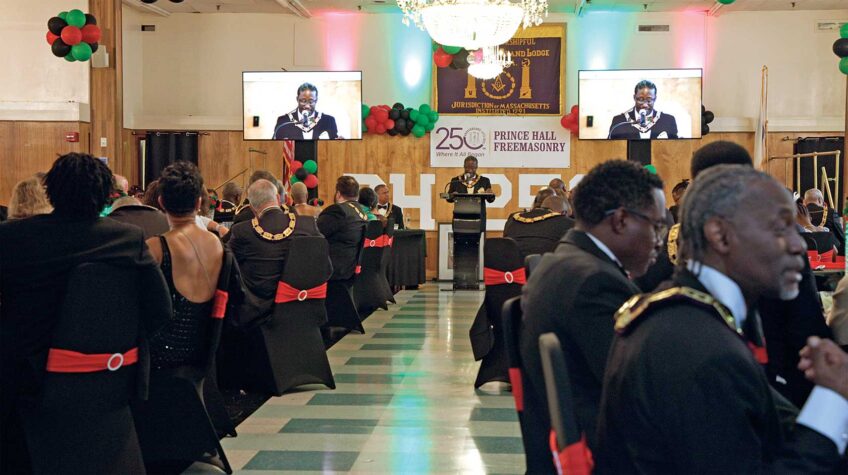Study finds higher eviction rates in black communities
Authors urge caution as eviction ban scheduled to end in August
While 18% of Boston renters currently live in majority-black neighborhoods, about 37% of evictions occur in those neighborhoods, according to a study undertaken by researchers at MIT and the Boston tenants’ rights group City Life/Vida Urbana.
City Life/Vida Urbana worked with the MIT researchers, compiling court records, census data and property data from 2014-2016 to reveal where evictions occur the most and to whom they most often happen.
The data is divided geographically, showing that the highest eviction rates occur in Mattapan and Roxbury, historically black neighborhoods. This is seven times the rate in Allston and Brighton, and about six times the rate in South Boston. As for East Boston and Chinatown, the official numbers are low, but housing organizers told researchers the reality is more dire.
“Legal aid lawyers … see a lot of evictions and displacement in these communities. And so, it points to the potential that our data set may be undercounting evictions that don’t actually go through courts, particularly in the neighborhoods with large immigrant populations,” said David Robinson, MIT researcher in the urban studies and planning department.
City Life/Vida Urbana maintains that current housing policy treats housing as “a commodity, not a basic human right,” and is publishing the findings in an attempt to find and eradicate the predictors of eviction in these neighborhoods.
On April 20, Gov. Charlie Baker signed an eviction and foreclosure moratorium into law, protecting renters from most “no cause” or “no fault” evictions. This lasts until August 18, 2020, or until 45 days after the emergency is fully over.
The researchers then revisited the 2014-2016 data and applied it to the current pandemic, and found that eviction filings were disproportionately affecting communities of color in the early period of the spread.
“We pulled eviction records from when the pandemic first hit Boston [on] March 1 to April 20, when the eviction moratorium in Massachusetts was signed by the governor, and we found that 78% of these evictions that were filed, occurred in communities of color,” Robinson said.
Lisa Owens, executive director of City Life/Vida Urbana, said that several factors of public policy and private action historically have had the effect of siphoning wealth out of the black community, and “into white middle class communities in the surrounding suburbs,” including urban renewal, white flight, redlining, housing discrimination, and predatory lending and foreclosure.
“And at the same time, it’s important to highlight the movements of resistance against oppression that black communities and other communities of color led all along the way,” she said.
Ruby James, a Boston resident, faced an increase in rent by $700 in 2018 after her landlord sold to a new owner. After protesting at his home and taking him to court, she was able to secure a three-year lease with just a 3% rent increase each year, she said.“So this could have been avoided if he wanted to be a person to sit down and negotiate, and not just want to put people out of their home.”
Another Boston resident, Annie Borden, was hit with increased rent in 2019.
“But with the help of City Life … we learned in my community that we have rights and that we as tenants [can] form a tenants association and fight this,” Borden said.
Both James and Borden fully support a return to rent control in Boston, which City Life/Vida Urbana lists as one of several viable policy options. Other options include a requirement of just cause for eviction, more legal representation for low-income renters, a tax on large real estate transfers and right-of-first-refusal for renters to purchase their homes.






